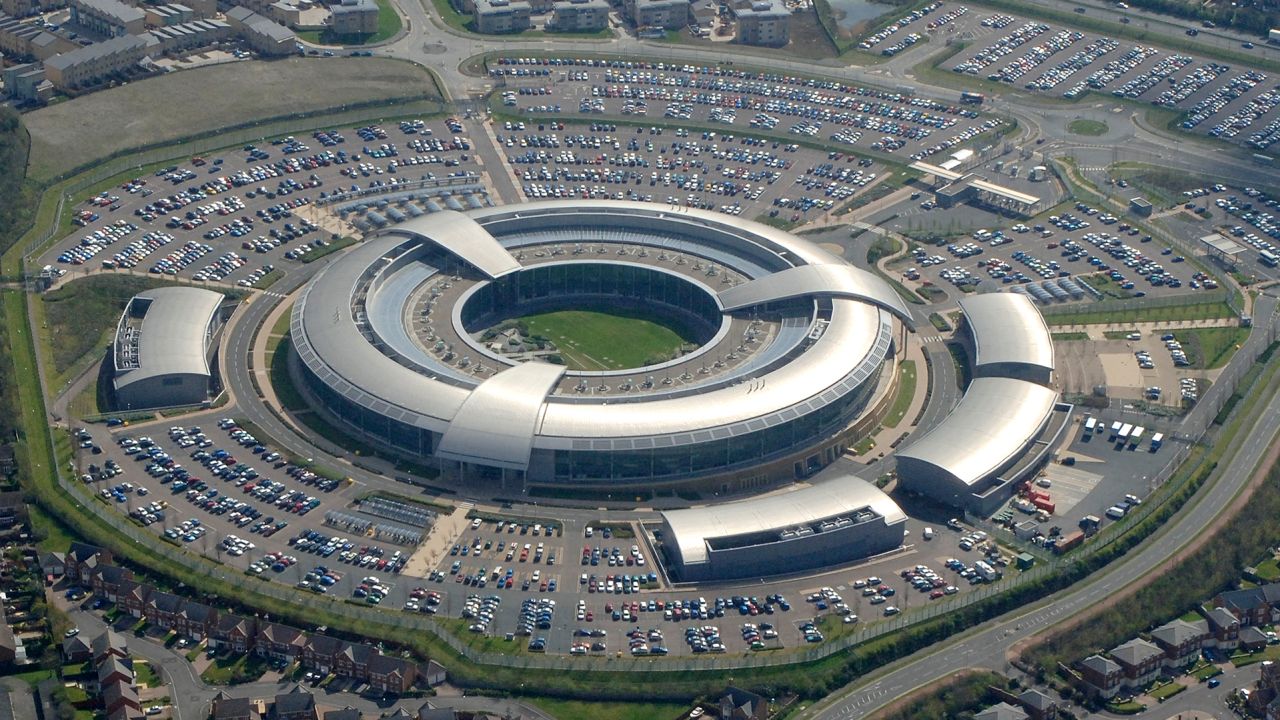How the UK government will track everything you do online
Snoop Loggy Log

This afternoon, UK Home Secretary Theresa May announced the return of the Snooper's Charter, aka the Draft Investigatory Powers Bill. It's the third attempt to get the Snooper's Charter onto the statute books, and there's a very good chance it'll go through this time. All kinds of people think that's a very bad idea. Here's why.
Everything you do, they monitor it for you
The most worrying new power is mass surveillance of everybody's internet use. Don't be fooled by claims that as the data collected is "just metadata" it's akin to keeping phone records: metadata means storing details of every website you visit as well as every communication you make using apps such as WhatsApp for 12 months.
ISPs won't hand over details of the actual pages you visit or contents of your communications without a warrant, but site URLs can make it abundantly clear what they're about: you don't visit Wonga.com if you're financially stable, for example. Similarly, location data can say a lot about you - churchgoing, perhaps, or visiting a particular building at particular times when Alcoholics Anonymous just happens to be meeting.
It's worth noting that this surveillance already happens - Edward Snowden revealed GCHQ's illegal surveillance of millions of people's online activities in 2003. The proposed new legislation effectively legitimises what's been going on in secret for years.
It could get hacked
Firms such as Talk Talk will be responsible for storing that data and keeping it safe.
Talk Talk.
Get daily insight, inspiration and deals in your inbox
Sign up for breaking news, reviews, opinion, top tech deals, and more.
Dark comedy aside, that's a serious worry. As Lib Dem peer Lord Strasburger said of the previous Snooper's Charter, getting private firms to store such data would create a ""honeypot for casual hackers, blackmailers, criminals large and small from around the world, and foreign states".
All kinds of people get access
The usual bogeymen have been trotted out - we need the new powers to fight ISIS and the reanimated corpses of 1970s BBC children's programme presenters - but the communications data will be available to your local council, to the taxman and to 38 other public bodies.
Previous surveillance powers have been used to crack down on the menace of people not picking up dog poo and trying to get their kids into better schools. According to the Guardian, some 517,000 requests for communications data were made last year and signed off by police officers.
It puts the 'fish' into officialdom
One fear of mass surveillance is "fishing expeditions", where data is mined to identify possible potential criminal activity rather than actual criminal activity. We've already seen people arrested for downloading books deemed to be "extremist material" under anti-terror legislation. As Cardinal Richelieu is said to have written back in the 17th Century, "If one would give me six lines written by the hand of the most honest man, I would find something in them to have him hanged."
It's bad for journalism
Journalists are worried that the powers could be bad for whistleblowers, enabling officials to identify and silence sources. Theresa May has made it clear that journalists' sources won't be identified without first getting a warrant from a judge, unless a secretary of state decides it's too urgent to get a judge. In those cases, the secretary of state can sign a warrant authorising the secretary of state to identify the journalist's source. Theresa May currently signs off 2,400 interception warrants per year.
Tech firms will laugh at us
Part of the proposals involves demanding that firms such as Apple decrypt encrypted communications on demand. Without international agreements in place, however, that's just a wish list. "Oh yeah," the tech firm might say. "We totally tried to decrypt that, but it was too hard."
It gives the security services really scary powers
The Bill doesn't give GCHQ a licence to kill, but it does give it a licence to hack into computers, intercept phone calls, track locations and remotely access smartphones' microphones and cameras to monitor anybody nearby.
Writer, broadcaster, musician and kitchen gadget obsessive Carrie Marshall has been writing about tech since 1998, contributing sage advice and odd opinions to all kinds of magazines and websites as well as writing more than a dozen books. Her memoir, Carrie Kills A Man, is on sale now and her next book, about pop music, is out in 2025. She is the singer in Glaswegian rock band Unquiet Mind.
